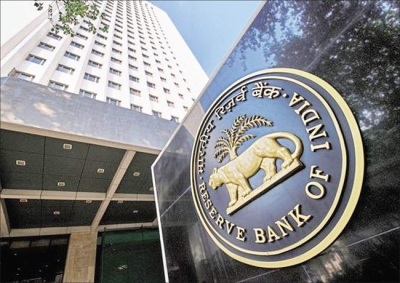
New Delhi, Feb 28 (IANS) From July 1 onwards, whether it is spending on a foreign trip or investing abroad, is going to cost more as tax collected at source (TCS) on foreign remittances will become applicable.
In the Union Budget for 2023-24, Finance Minister Nirmala Sitharaman had announced that any outward remittances except for for medical and education purposes, will attract a TCS of 20 per cent on the entire value.
The increase in TCS rate under the Liberalised Remittance Scheme (LRS) is basically aimed at high value discretionary spending.
These will cover payments for foreign tours, purchasing foreign currency, sending gifts to friends or relatives abroad and buying foreign stocks among others.
In case of education related expenses for students studying abroad, if a parent is able to establish that the amount is for education purpose, then the TCS will be 5 per cent, in case the aggregate amount is more than Rs 7 lakhs.
If the amount is for tution fees or hostel expenses, then it is easier to establish the education link, but not if the student is living in a rented accommodation away from the campus while studying abroad.
If the education link can’t be established, then TCS of 20 per cent without any threshold limit will have to paid.
Reacting to the proposal, Sanjay Laul, CEO and founder of international education company M Square Media (MSM), said: “The tax would increase the cost of studying abroad for Indian students. It could have an adverse impact on the numbers of students going abroad for higher education, and we might see a shift in student preferences to countries where the cost of education is comparatively lower.”
It remains to be seen how these measures will affect the inflow of foreign investment into India and the preferences of Indian students seeking higher education opportunities abroad, he added.
–IANS
ans/ksk/










